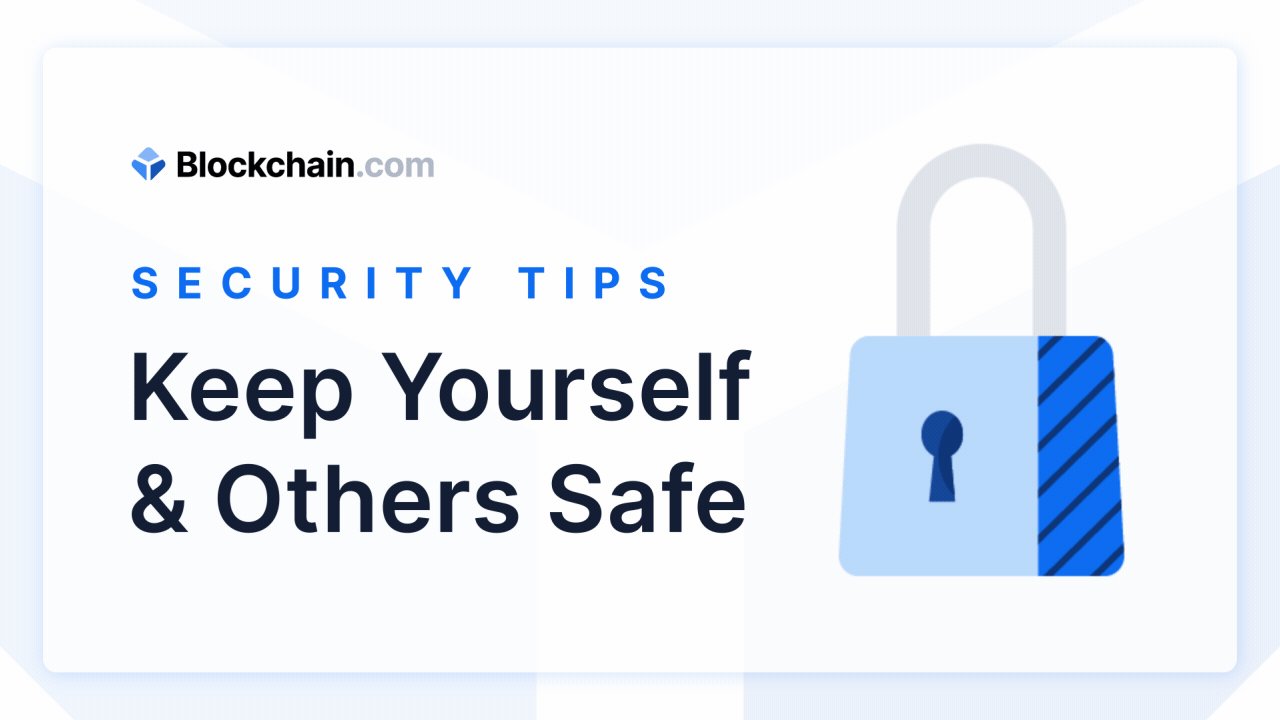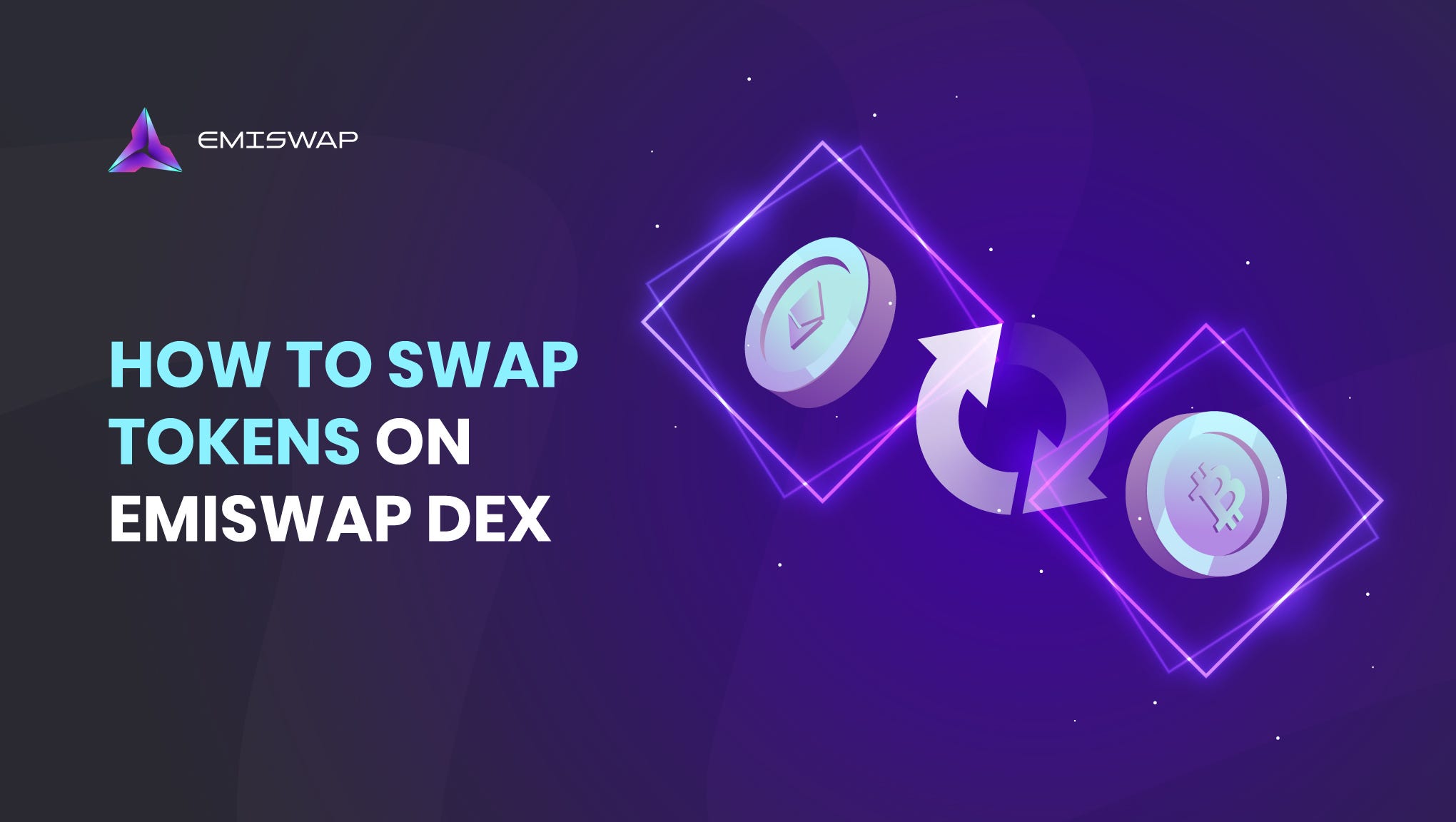Unveiling the Essence of Private Keys in Blockchain Security
Blockchain technology, known for its decentralized and tamper-resistant nature, relies heavily on the concept of private keys. Understanding the significance of private keys in securing blockchain transactions is fundamental to navigating the intricacies of this innovative technology.
The Foundation: What Are Private Keys?
At the core of blockchain security are private keys. These are unique, cryptographic keys that grant ownership and control over a user’s digital assets on the blockchain. Every participant in a blockchain network possesses a pair of keys – a public key for identification and a private key for secure, private access. It is the possession of the private key that enables users to sign transactions and assert their ownership over blockchain assets.
Cryptographic Security: How Private Keys Work
Private keys operate within a robust cryptographic framework. When a user initiates a transaction on the blockchain, their private key is used to create a digital signature. This signature, along with the transaction details, is visible on the blockchain for verification. The corresponding public key, derived from the private key, is used to confirm the authenticity of the digital signature. Through this process, private keys ensure the integrity and security of blockchain transactions.
Ownership and Control: The Power of Private Keys
Private keys are the digital representation of ownership and control in the blockchain realm. Possession of the private key proves identity and authority over specific blockchain assets. This unique feature empowers users to have direct control over their digital property without the need for intermediaries, enhancing security and trust in blockchain networks.
Protecting Against Unauthorized Access
The security of private keys is paramount in blockchain technology. Unauthorized access to a user’s private key could lead to unauthorized transactions and the loss of digital assets. Proper storage and safeguarding of private keys, often through hardware wallets or secure software solutions, are crucial measures to mitigate the risk of unauthorized access and potential security breaches.
Risks and Best Practices in Private Key Management
While private keys offer robust security, they come with risks that require careful management. Loss or compromise of a private key could result in irreversible consequences. Best practices include regular backups, secure storage, and the implementation of secure key management protocols. Educating users on these practices is vital for maintaining a secure blockchain ecosystem.
Role in Decentralized Finance (DeFi) and Smart Contracts
Private keys play a pivotal role in the rapidly growing field of Decentralized Finance (DeFi) and smart contracts. In DeFi, users interact with decentralized platforms directly using their private keys, enabling financial activities without traditional intermediaries. Smart contracts, self-executing contracts with encoded terms, rely on private keys for authentication, automating processes in a secure and trustless manner.
Challenges and Innovations in Private Key Security
As blockchain technology evolves, so do the challenges and innovations in private key security. Quantum computing poses a potential threat to existing cryptographic algorithms, prompting the exploration of quantum-resistant encryption methods. Ongoing research and development aim to enhance private key security




